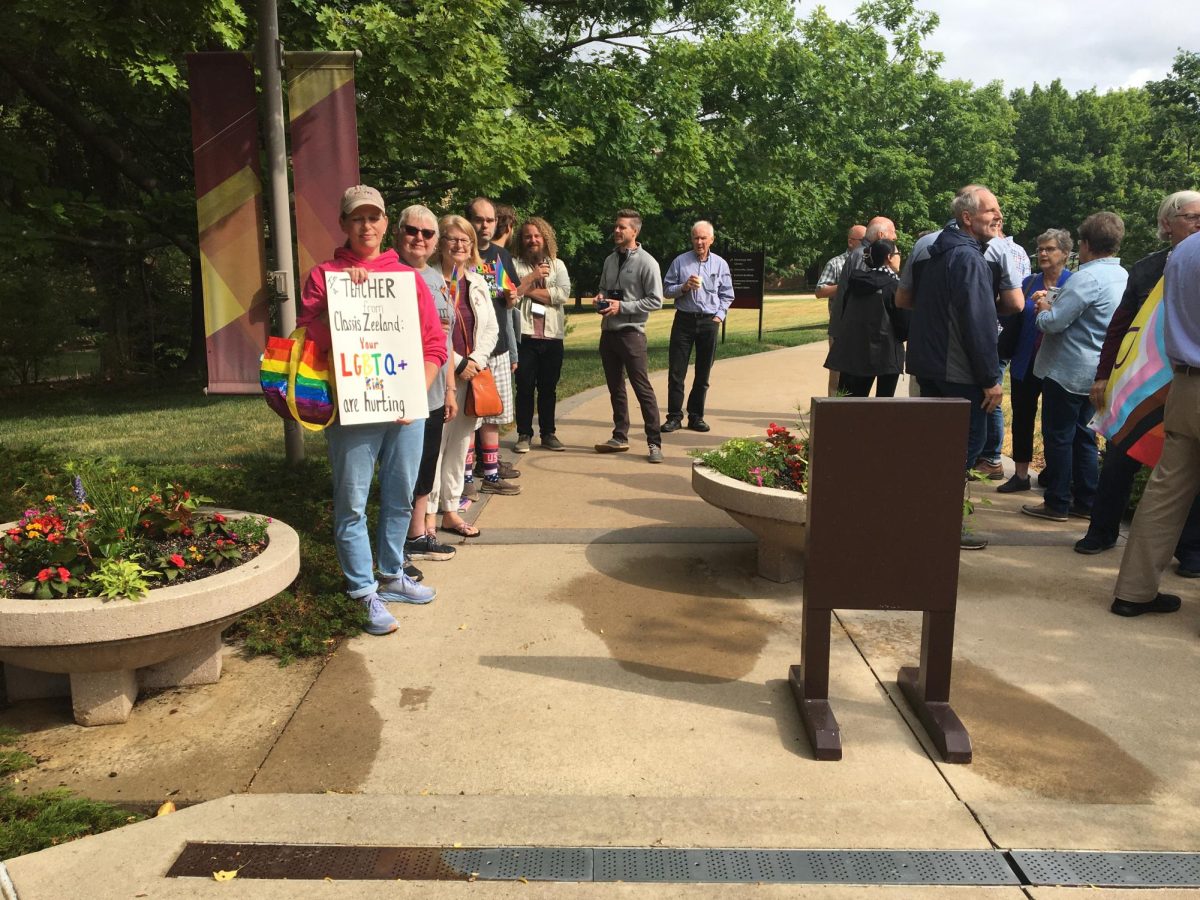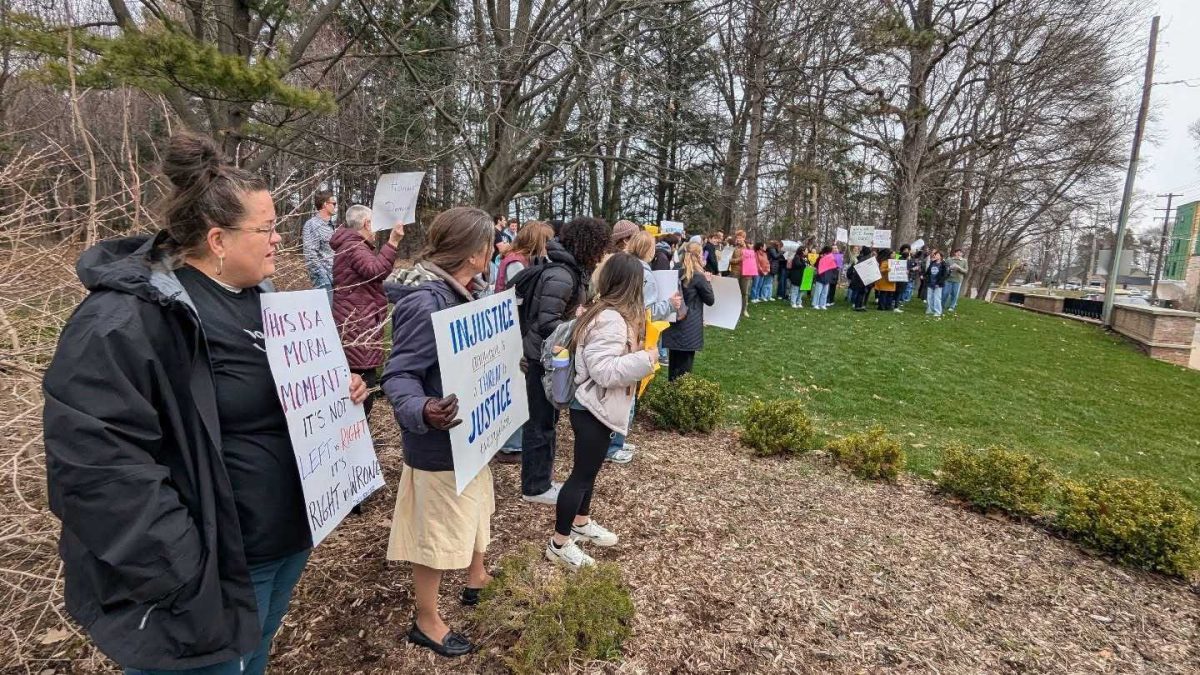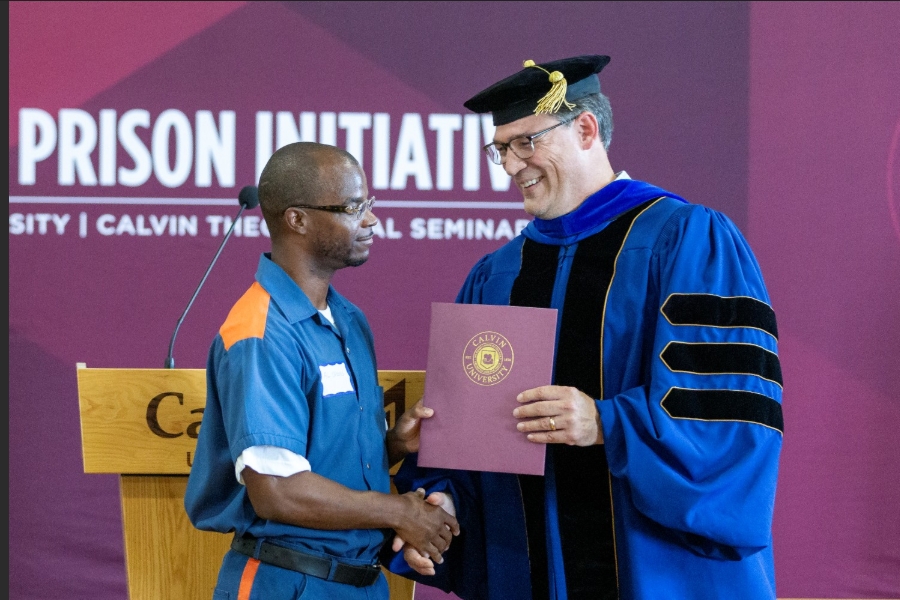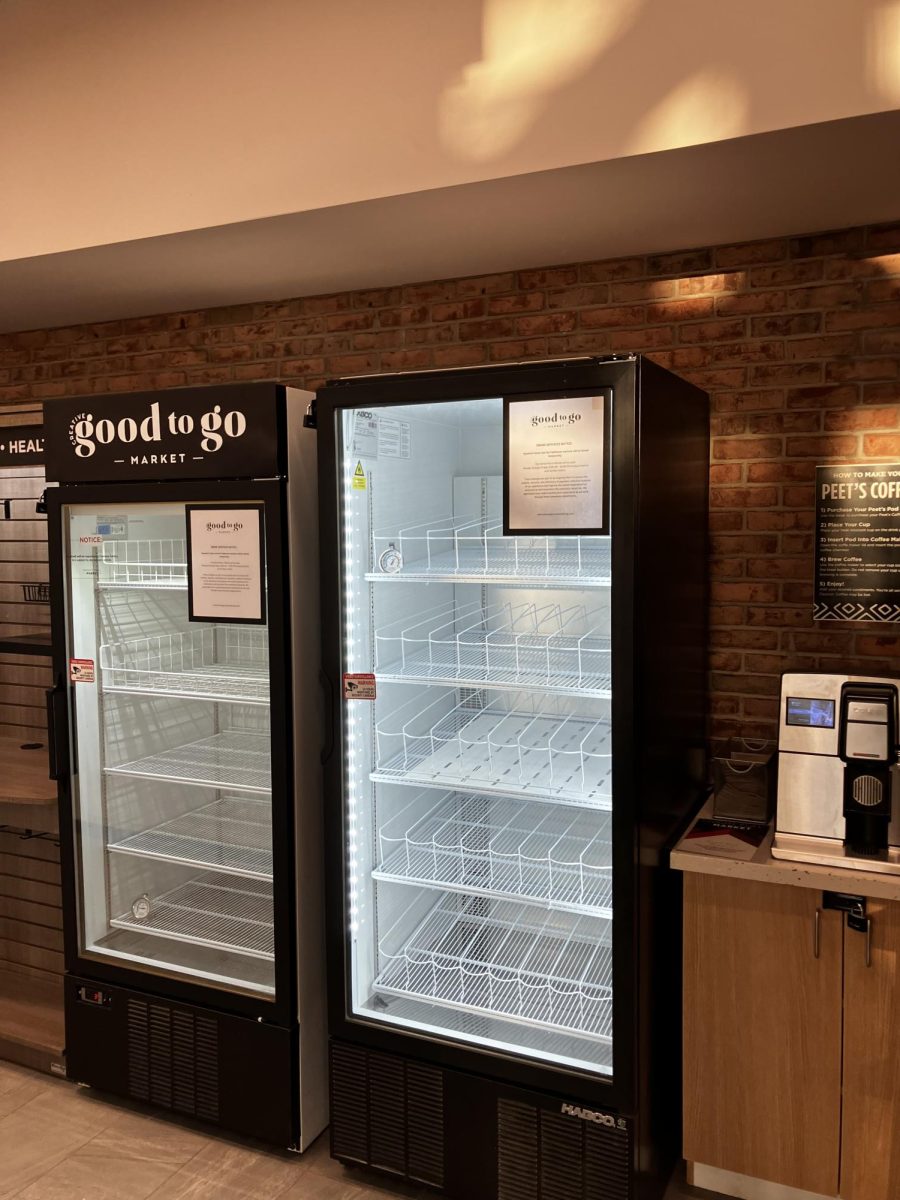On Monday, November 18, Elisha Marr, an associate professor in the sociology and social work department, presented the findings of a study conducted to assess how students perceived their safety on campus. The survey found that despite a significant percentage of respondents having experienced some sort of harassment, most were unlikely to report their experience.
The study was conducted via a survey sent out to the undergraduate student body (a total of 2,656) and received 424 completed surveys back, according to Marr. 64.3% of the respondents identified as female, 30.7% identified as male, and 4.1% identified as gender non-conforming (which includes transgender, genderqueer, and gender-nonconforming). 75.6% identified as white, 12.8% identified as Asian or Pacific Islander, 5.6% identified as Black or African American. The remaining 5% identified as American or Alaskan Native, multicultural, described in another way, or preferred not to answer. Roughly 20% of respondents identified as something other than heterosexual.
Survey Results
The study found that 43.9% of respondents experienced sexual harassment; 7.8% experienced stalking behavior; 6.5% experienced interpersonal violence; and 4.9% experienced unwanted sexual contact. It also found that 22.2% of respondents experienced two or more of these things.
The study also found that for each category roughly 90% of these cases went unreported. The survey asked why people didn’t report their experiences and found that, across categories, an average of 60% of respondents “did not believe their experience was serious enough to report.” 45% on average believed that they “did not need assistance,” and 56% “did not want any action taken.” Less commonly selected but still notable responses included, “I wanted to try to forget it happened or move on,” “I did not want the person who did this to get in trouble,” “I was concerned about possible impacts on my social group or community,” and “I was concerned no action would be taken.”
In unreported cases of unwanted sexual contact, one in five people said they were “worried that either the person who did this to me or others might find out and do something” and/or that they were “concerned they were not going to keep my situation confidential.” 14% said that they “felt that other people might think that what happened was at least partially my fault.”
Safer Spaces
Safer Spaces, which can provide accommodations, is one option for students who wish to receive assistance in one of these incidents as well as in responding to discrimination and retaliation. “Those accommodations can look like academic support and/or connection with a Calvin counselor and/or connection to a Campus Ministries individual,” Lauren Horras, director of Safer Spaces and Title IX coordinator told Chimes.
When a situation is brought to Safer Spaces, the first step is reaching out to the impacted party via email and asking if they wish to have a meeting with a team member. According to Horras, the first meeting is about learning about the experience and what next steps are available to the impacted party. “Sometimes a person just wants someone to listen to them, so we listen. Other times, they want to know what action can be taken, so we share about a formal process if applicable. Other times they just simply want accommodations and nothing else,” Horras said.
According to Horras, Safer Spaces has many connections to departments and resources on campus as well as off-campus to help students “feel supported and empowered” through their experience. “We hope our office is seen as a safe place during difficult times. Our goal is that students feel cared for and know their rights for the next steps when they need it,” Horras said.











sonia • Nov 28, 2024 at 7:10 pm
Okay but like. What would the other option be— it’s a Christian campus steeped in purity culture. The people I did tell. All said “you should talk to pastor Mary” ((I don’t know her)) or that “it wasn’t that bad but [they’re] sorry it happened.” The fact of the matter is that it wasn’t a calvin student so my only other option was the cops and I’m wildly uncomfortable with having to rehash this story of these traumas over. And over. And over again.
Concerned community member • Nov 26, 2024 at 1:41 pm
Students also need to know that faculty are mandatory reporters and that the Safer Spaces Office cannot always guarantee confidentiality.
Anonymous • Nov 26, 2024 at 8:48 am
Okay but like. What would the other option be— it’s a Christian campus steeped in purity culture. The people I did tell. All said “you should talk to pastor Mary” ((I don’t know her)) or that “it wasn’t that bad but [they’re] sorry it happened.” The fact of the matter is that it wasn’t a calvin student so my only other option was the cops and I’m wildly uncomfortable with having to rehash this story of these traumas over. And over. And over again.
But let’s be fr. The odds of campus safety doing something in a way that wouldn’t bring shame and judgment on the victim ((me)) is/was ASTRONOMICALLY low. It’s not worth it to me to rehash my traumas. Even though I myself am Christian. I don’t trust the majority of my peers to treat this matter in a way that wouldn’t cause me further harm.